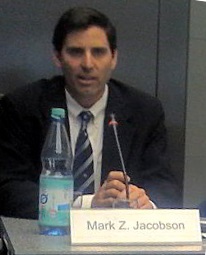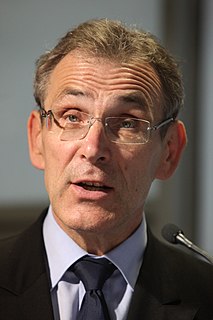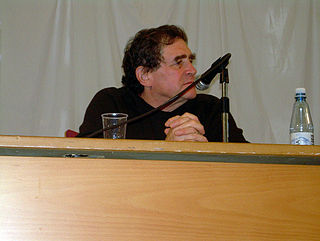A Quote by Mark Z. Jacobson
A large-scale wind, water and solar energy system can reliably supply the world’s needs, significantly benefiting climate, air quality, water quality, ecology and energy security ... [T]he obstacles are primarily political, not technical.
Related Quotes
In reality, Republicans have long been at war with clean energy. They have ridiculed investments in solar and wind power, bashed energy-efficiency standards, attacked state moves to promote renewable energy and championed laws that would enshrine taxpayer subsidies for fossil fuels while stripping them from wind and solar.
One of the reasons I think the population question is important, if we want to be as green as possible, any of our energy that is truly renewable is limited. Solar and wind are intermittent and they're so diffuse, it's difficult to harness them in a significant way. But one thing we could be doing is making it a law (like it is in Israel and Cyprus) to take every building eight stories or under and heat all of the water in those buildings with solar energy. It's absolutely simple and cheap technology.
The procedure has a strange Alice-in-Wonderland quality. The reservoir was created as a public water supply, yet the community, probably unconsulted about the sportsmen's project, is forced either to drink water containing poisonous residues or to pay our tax money for treatment of the water to remove the poisons - treatments that are by no means foolproof.





































